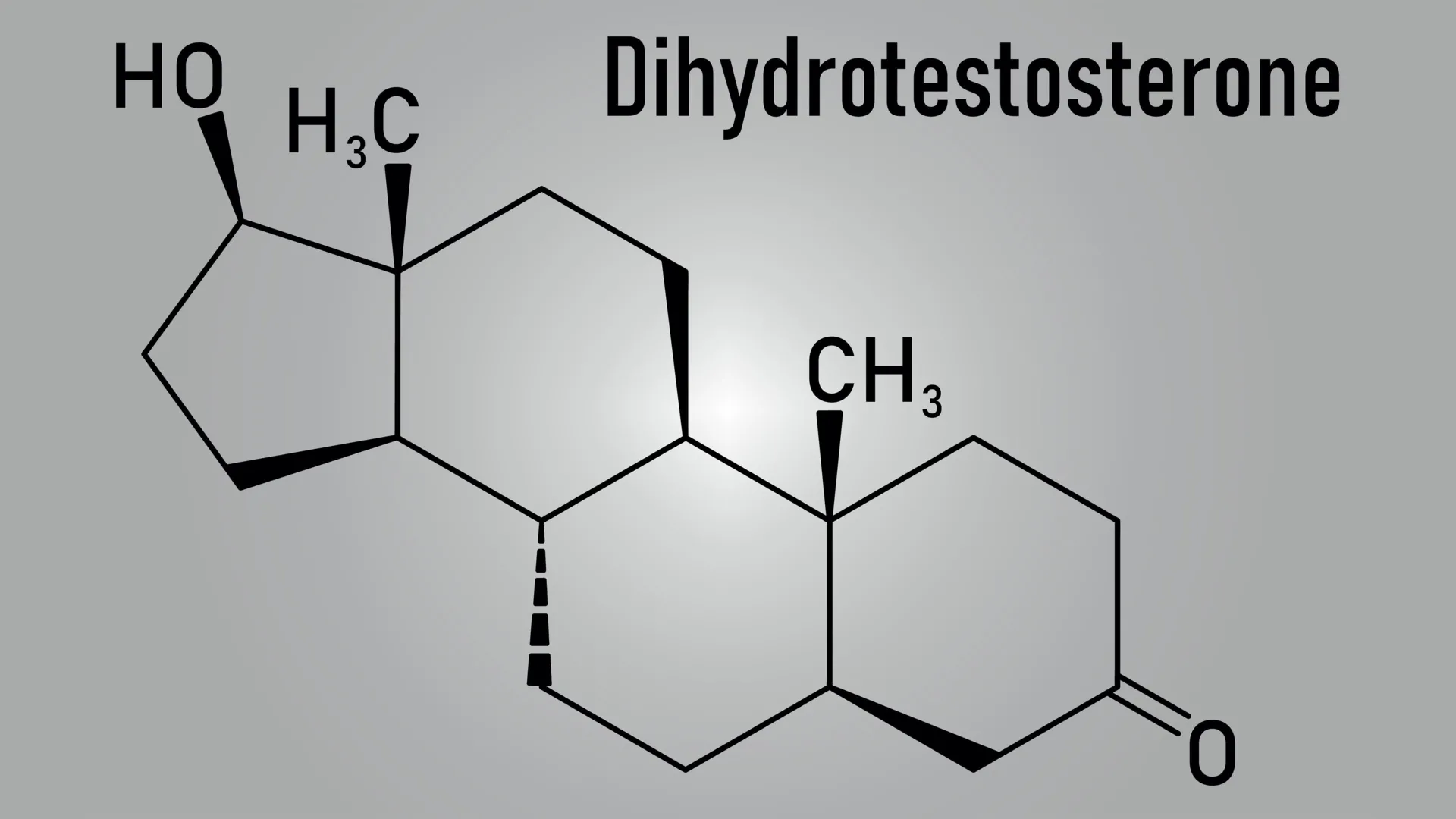Researchers discover new mechanism for male sex hormone
Researchers found a safer way to build strength: activating the GPR133 receptor with AP503 boosts muscles without the harmful side effects of testosterone.
- Date:
- February 11, 2025
- Source:
- Universität Leipzig
- Summary:
- Scientists have discovered a new way to boost muscle strength without the dangerous side effects of traditional androgens. A powerful male hormone called 5α-DHT normally drives bone density and muscle growth but can also fuel problems like prostate cancer. Now, researchers have shown that activating a receptor called GPR133 with a specially designed compound, AP503, can increase muscle force while avoiding those harmful risks.
- Share:

Androgens are hormones that control the development of male sexual characteristics. The most powerful of the androgens is called 5α-dihydrotestosterone (5α-DHT). Among other things, it is essential for bone and muscle function and for the development of secondary male sexual characteristics during puberty. As a driver of bone and muscle formation, 5α-DHT increases bone mineral density and promotes skeletal muscle growth to increase muscle strength.
In this international study, the scientists were able to show that one of the adhesion G protein- coupled receptors -- GPR133 -- is activated by the androgenic steroid hormone 5α-DHT. "This activation can, among other things, increase the contractile force of skeletal muscles, and our study also uses a newly developed, potent activator of this receptor to specifically trigger this effect," says Professor Ines Liebscher, Professor of Signal Transduction at Leipzig University and co-leader of the study.
Increasing muscle strength with the chance of significantly fewer negative effects of androgens
Activation of GPR133 by the novel agonist AP503 increases muscle strength without triggering a specific negative effect that is otherwise observed when androgens are administered. For example, increased and prolonged exposure to testosterone can promote the development of prostate cancer, as evidenced by tissue changes in the prostate in mice after only two weeks of androgen administration. This side effect has not yet been observed with AP503.
In addition, the current study uses structural biology methods to elucidate the molecular basis of the interaction between the steroid hormone, the substance AP503 and GPR133. This will allow the activator to be specifically optimized and further developed into a new therapeutic agent. This could lead to the development of new muscle-strengthening drugs with a lower side-effect profile.
This publication is the result of a long-standing and successful collaboration between the Rudolf Schönheimer Institute of Biochemistry and the research group of Professor Jin-Peng Sun at Shandong University in China. The researchers are currently working on several follow-up studies to further investigate the use of AP503 in disease processes and the role of GPR133 in the organism. Here the data were analyzed in animal models. Further studies are needed to investigate the applicability of the findings to humans.
Story Source:
Materials provided by Universität Leipzig. Original written by Anne Grimm. Note: Content may be edited for style and length.
Journal Reference:
- Zhao Yang, Yu-Qi Ping, Ming-Wei Wang, Chao Zhang, Shu-Hua Zhou, Yue-Tong Xi, Kong-Kai Zhu, Wei Ding, Qi-Yue Zhang, Zhi-Chen Song, Ru-Jia Zhao, Zi-Lu He, Meng-Xin Wang, Lei Qi, Christian Ullmann, Albert Ricken, Torsten Schöneberg, Zhen-Ji Gan, Xiao Yu, Peng Xiao, Fan Yi, Ines Liebscher, Jin-Peng Sun. Identification, structure, and agonist design of an androgen membrane receptor. Cell, 2025; DOI: 10.1016/j.cell.2025.01.006
Cite This Page: